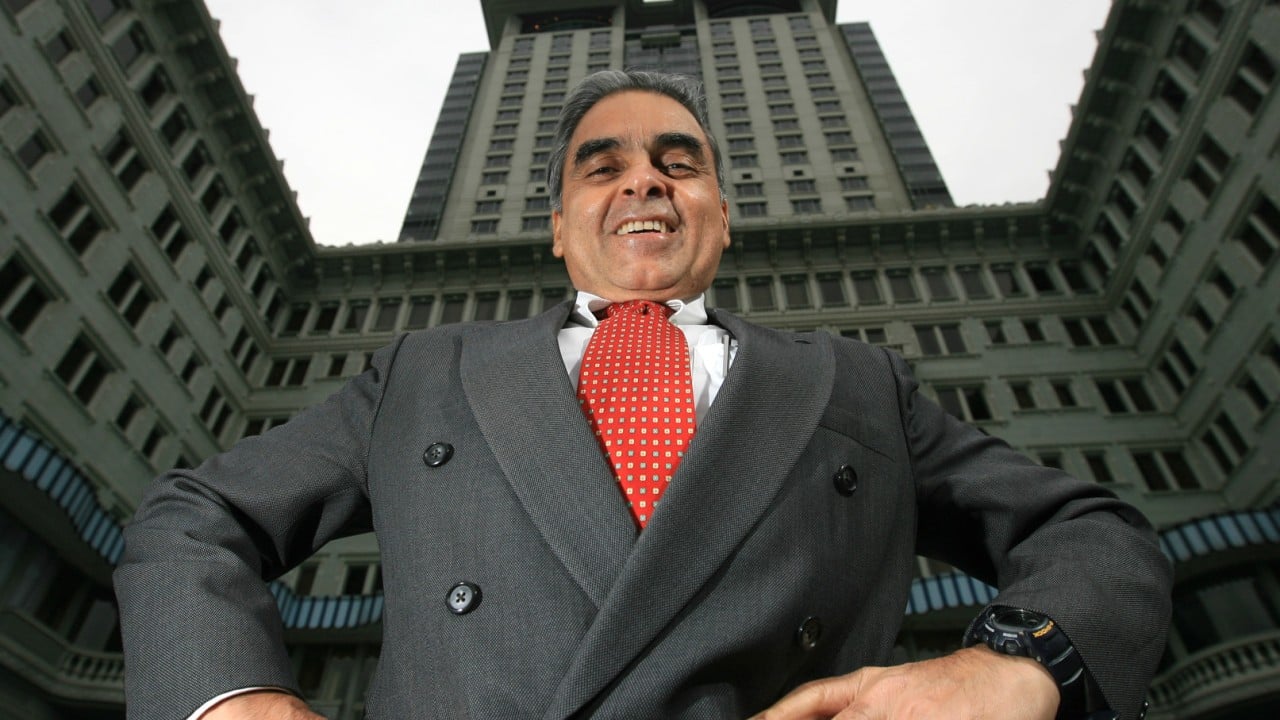Veteran Singapore diplomat Kishore Mahbubani has published his memoirs, Living the Asian Century, recounting his life as one of the city state’s well-known envoys and public intellectuals on the global conference circuit. He sums up his life as one that progressed “from poverty to plenty”. From an underweight child whose initial ambition was to be a textile salesman to becoming the founding dean of the Lee Kuan Yew School of Public Policy, 75-year-old Mahbubani sketches a compelling story of the myriad opportunities he had growing up in a developing Singapore. In this second of a three-part excerpt from the memoir, he recalls his work for the school. Read the first part.
“In my early years as dean, I would meet Lee Kuan Yew personally to brief him on the school’s progress. In one conversation, we agreed that we should approach Hong Kong business magnate Li Ka-shing, the richest man in Asia, to support the school. Mr Lee kindly agreed to give me a letter of introduction. The letter had three short paragraphs. The first paragraph introduced me to Mr Li. The second paragraph noted that the Lee Kuan Yew School of Public Policy would like to name a building after Mr Li. The third paragraph said tersely, “We hope you will make an appropriate contribution.”
I asked the NUS Development Office how much I should ask from Mr Li. The Development Office strongly cautioned me against asking for too much. They suggested S$30 million. Since the Ministry of Education would give a matching grant, that would lead to a S$60 million increase in the endowment. I decided to do my own research on Mr Li’s philanthropic contributions. I learned that his largest donation had been to Hong Kong University for a sum of HK$1 billion (or S$200 million). Without consulting anyone (and without trying to cover my backside, per the usual Civil Service tradition), I decided that I would ask for S$100 million.

Ambassador Toh Hock Ghim, our consul general in Hong Kong, and I walked into Li Ka-shing’s office armed with the letter from Lee Kuan Yew. I had, of course, prepared a thirty-minute pitch about the virtues of the Lee Kuan Yew School of Public Policy that I would deliver after Mr Li had read the letter. I sat on the edge of my seat, ready to begin as soon as Li Ka-shing had read the letter. However, Mr Li suddenly turned to me and asked, “How much?” I said, “One hundred million dollars.” He asked, “Singapore or Hong Kong?” I replied, “Singapore.” He frowned. Then he turned to his assistant, Amy Au, and began a discussion in Cantonese. I did not know what they were saying. I thought that I was done for.
Instead, after three minutes of discussion, Mr Li stretched out his hand to me to shake my hand and say, “OK.” I could have fainted then. I had never expected this complete and immediate agreement. I had raised S$100 million in three minutes. Even for established universities like Yale and Harvard, raising such sums usually requires weeks (if not months) of pre-negotiations. Clearly, this wouldn’t have happened without the letter from Mr Lee.
This success with Mr Li emboldened me to become more ambitious in my fundraising efforts. On the fifth anniversary of the Lee Kuan Yew School of Public Policy, we set a target of raising S$5 million. Instead, we managed to raise S$33 million. As a result, by the time I stepped down as dean in December 2017, the endowment of the Lee Kuan Yew School of Public Policy had grown to over S$500 million. Fundraising is inherently difficult. It’s never easy to ask people to part with their money. However, that wasn’t my most difficult job as dean.

The toughest part of my job was to raise the academic standing of the Lee Kuan Yew School of Public Policy and have it recognised as one of the leading schools in the world. It’s no secret that academic institutions can’t be built overnight. This is why the greatest universities are centuries old. Oxford was founded in 1096 or earlier. Harvard was founded in 1636.”
Excerpted from Living the Asian Century: An Undiplomatic Memoir by Kishore Mahbubani, published by PublicAffairs, an imprint of Hachette Book Group. Available at local bookstores.


